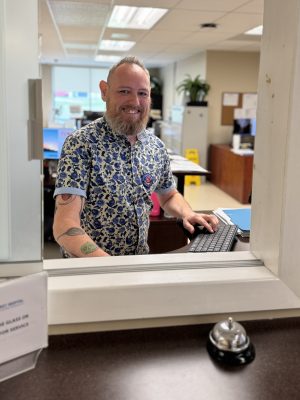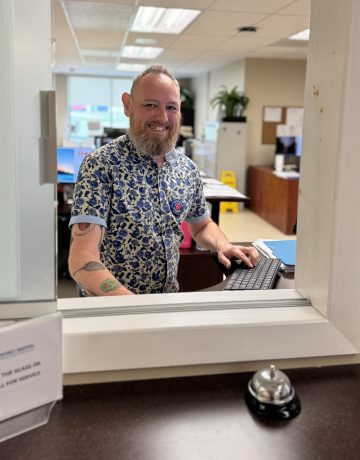Find a Clinic or Service
“I felt compelled to send a note. I received a total hip at KDH three weeks ago. The experience was fantastic. I was quite stressed about the whole event and the team at KDH put me at ease very quickly. As I arrived I was looked after by Mary-Pat in the prep area. She was great – clear and reassuring in all of her communications and what I needed to do. I immediately felt more comfortable. Dr. Dave the anesthetist was great as well. He was confident, clear and experienced and after him giving me a spinal I really don’t remember a thing. Thanks to Dr. Grammatopoulos for the new hip – three weeks in and things are going well. I would give KDH a mark of 110%. I felt well cared for and the people I dealt with were professional, caring and provided great support.”


